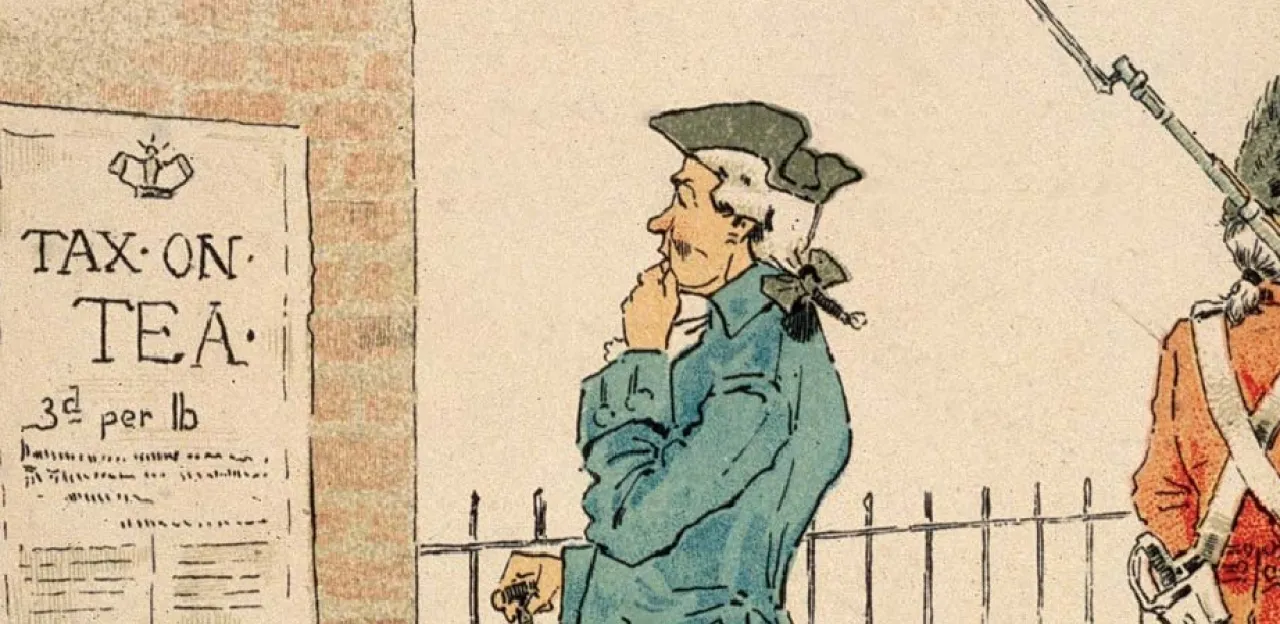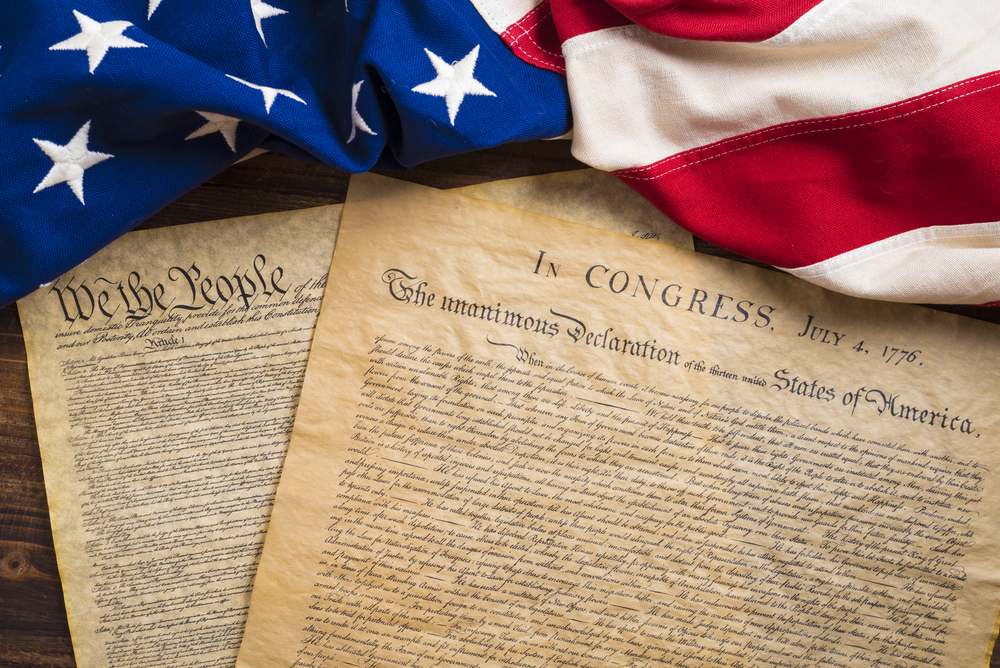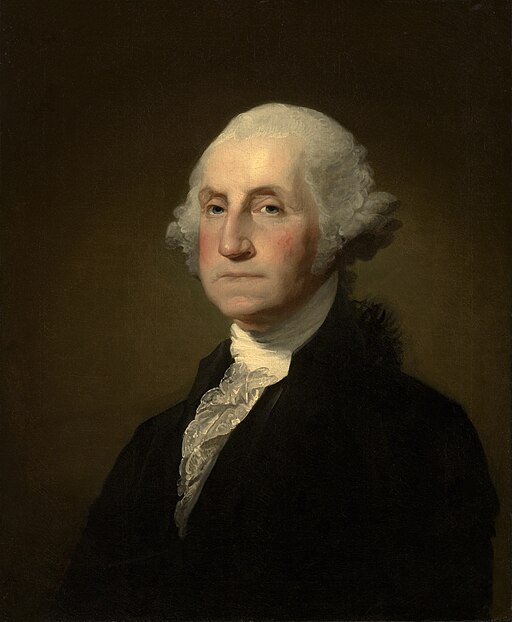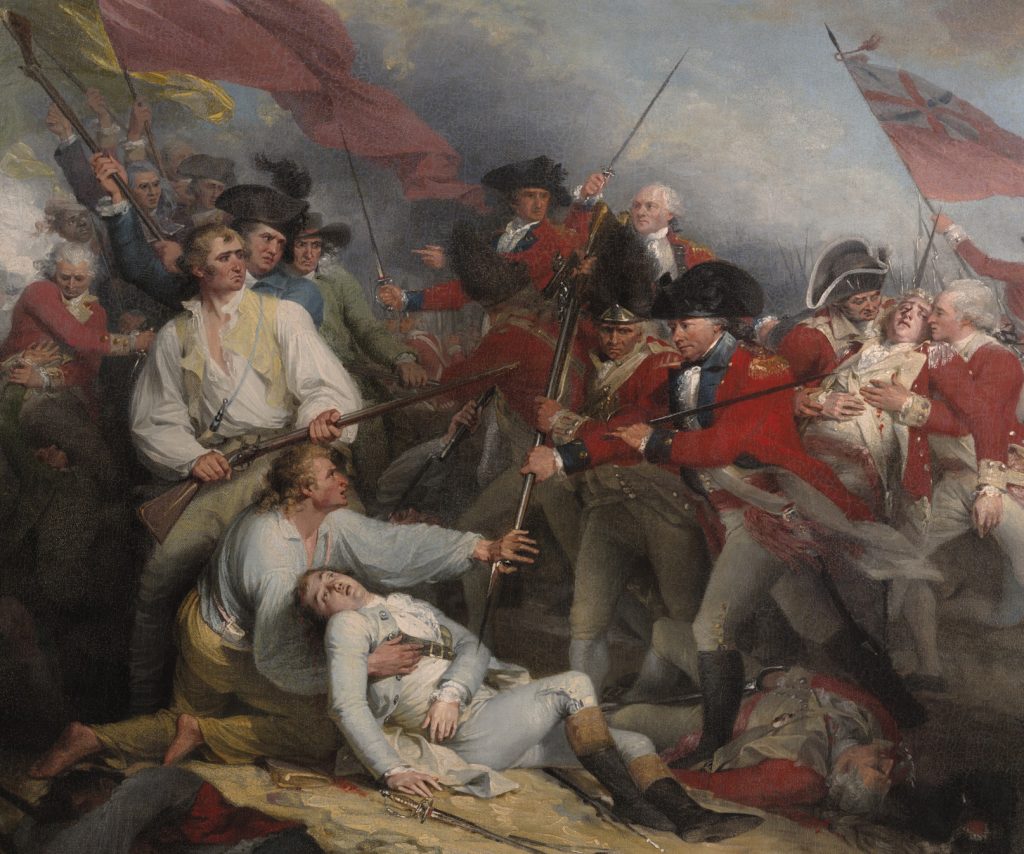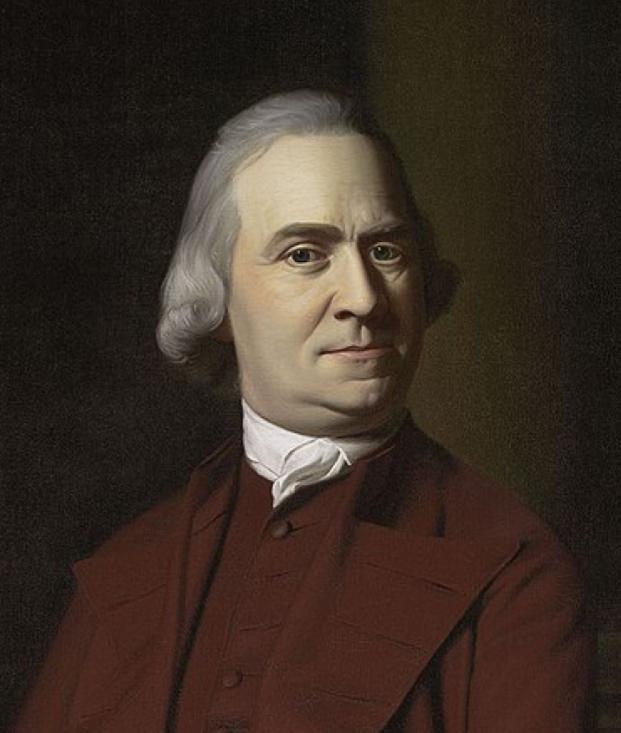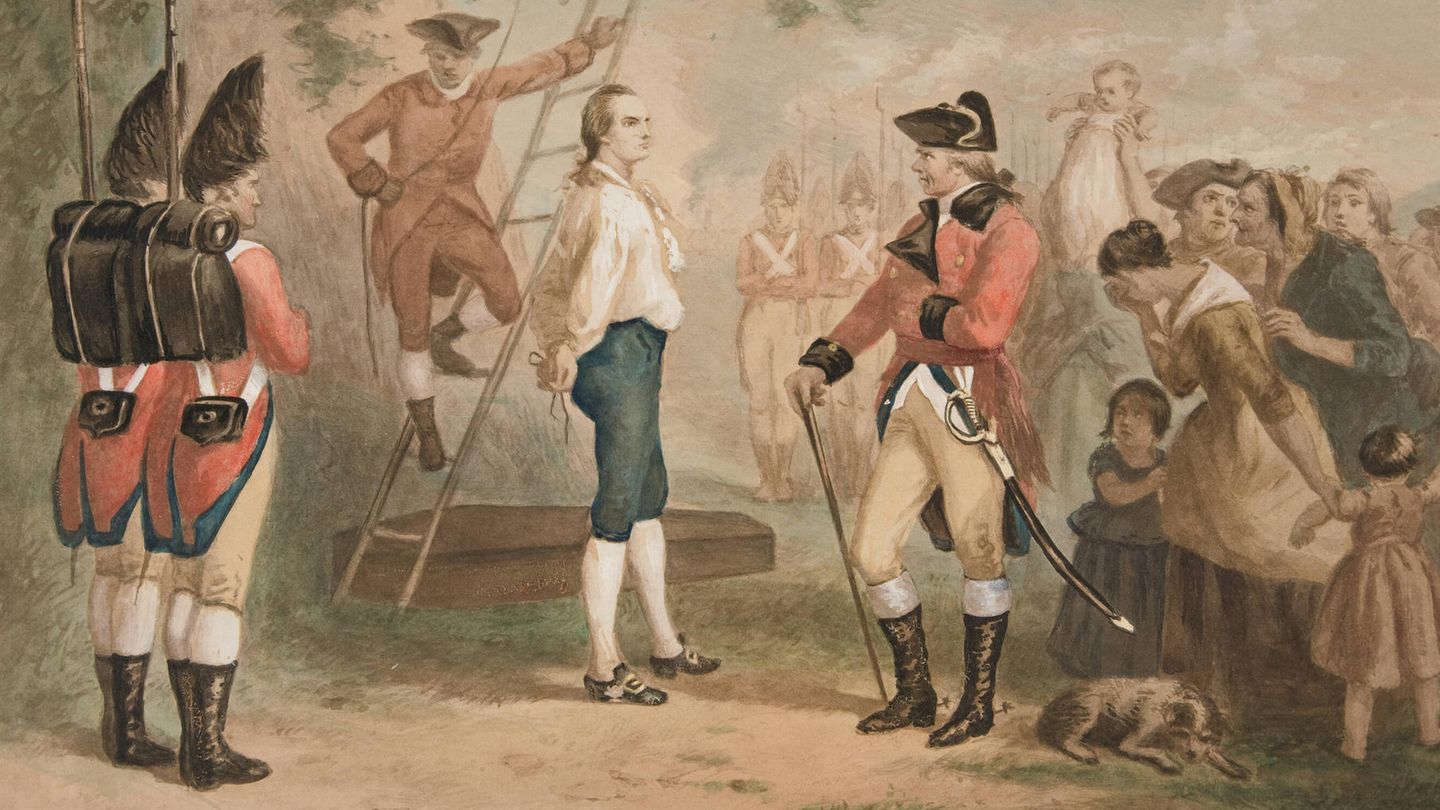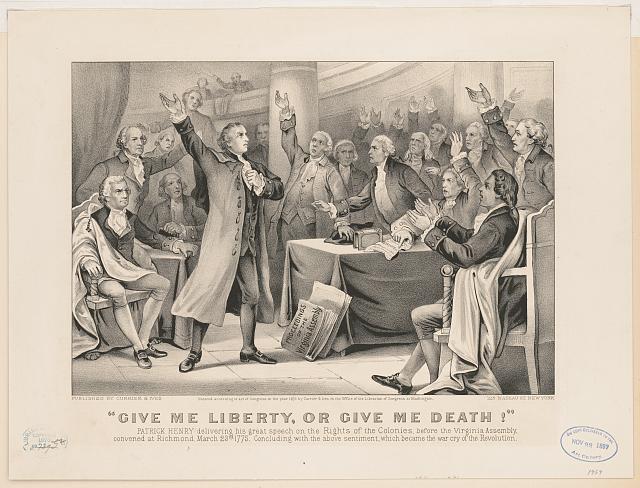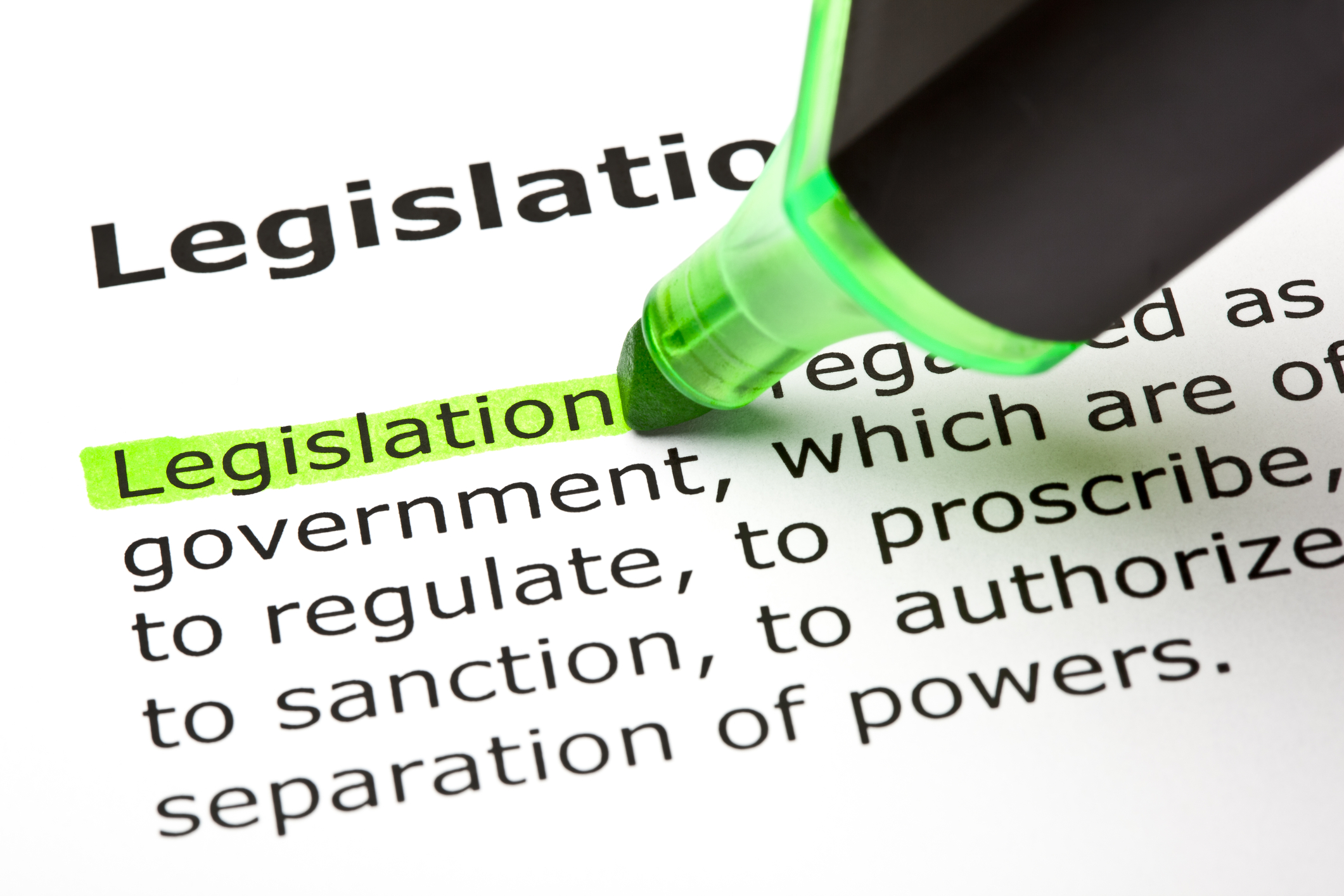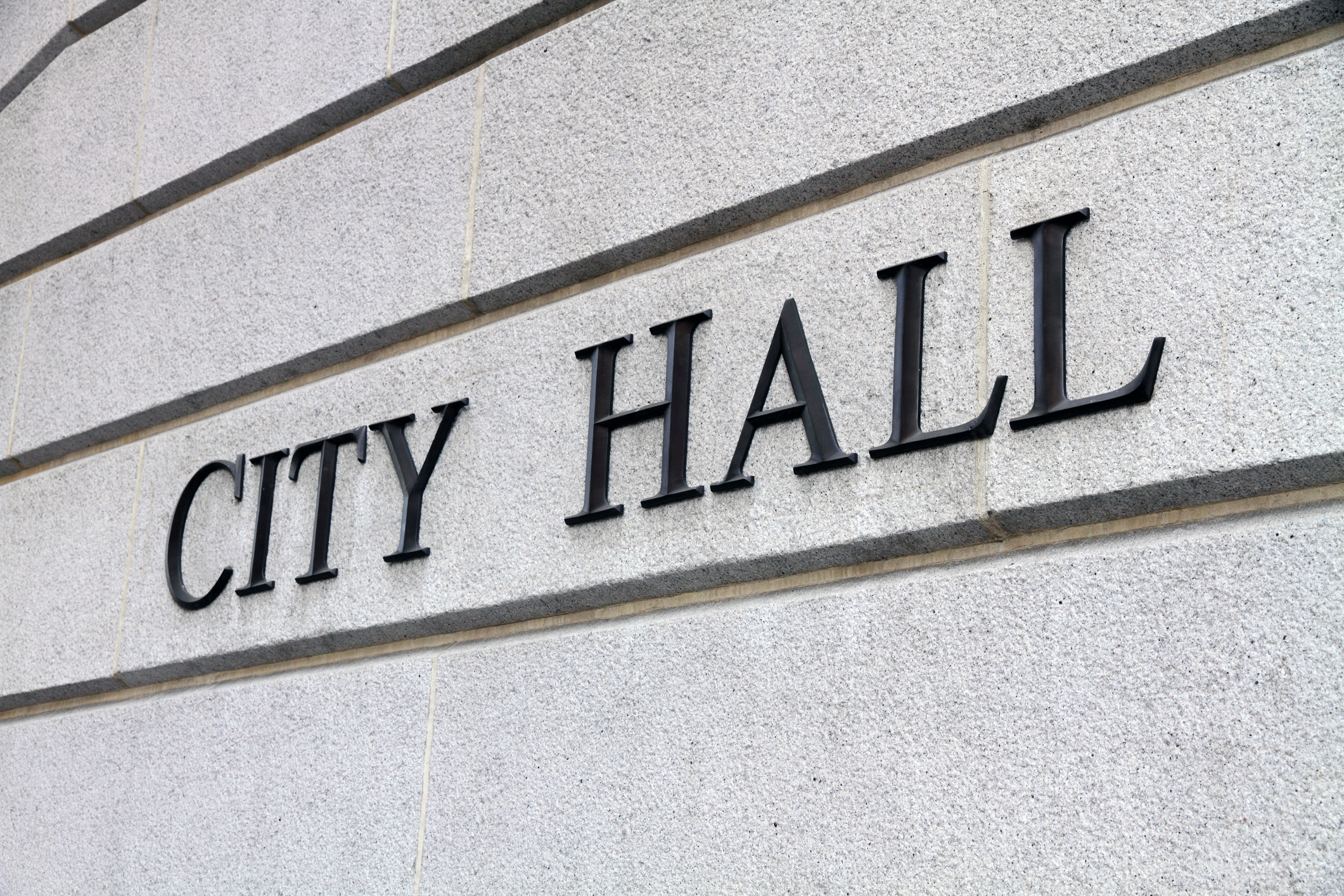“Those who own the country ought to govern it.”
John Jay
The American Revolution and Second Class Citizens.
Up to the French and Indian War, the colonists were largely in support of their mother country and the laws and taxes the British imposed. They understood that the taxes and duties put upon them were to support the defense of the American colonies from attacks by the French and their allies. They willingly fed and supplied the soldiers that were here to defend them.
However, after the war ended, the soldiers remained and taxes increased. Colonists petitions for redress from the oppressive taxes and continued occupation of the British army went unheeded. In fact, every time the British eased one tax, they would double down with more additional taxes and they added insult to injury by using the British military to enforce tax collection.
The distance and the delay in communications, along with the fact that they had no representation in Parliament, made it difficult for colonists to make themselves heard. The colonists recognized that they were being treated as second class citizens without the rights of those subjects who resided in England. The British also began to take away their local representation by disbanding the legislatures in multiple colonies.
Recognizing that they were being disrespected and being used to fund the British Empire disproportionately, they began to boycott the taxes. They used smuggling and black markets to supply their needs and boycotted British goods that had protectionist tariffs attached. They ran tax collectors out of town and formed extralegal governments.
When the British began efforts to disarm the colonists and brought in mercenaries to quell the “rebellion,” the colonists knew there could be no possible reconciliation with the homeland. It was independence or slavery.
We have a government that has taxed us far more aggressively and with far more abusive taxes than the founders ever did, and yet many simply bow down and submit. We have had arms taken from us and our access to arms restricted, yet many are not alarmed.
Many are choosing slavery over their God-given, natural rights!
Will you choose to resist and join us now?
The tree of liberty must be refreshed from time to time with the blood of patriots and tyrants.
Thomas Jefferson
Guard with jealous attention the public liberty. Suspect everyone who approaches that jewel. Unfortunately, nothing will preserve it but downright force. Whenever you give up that force, you are inevitably ruined.
Patrick Henry
“Happiness and moral duty are inseparably connected.”
George Washington

